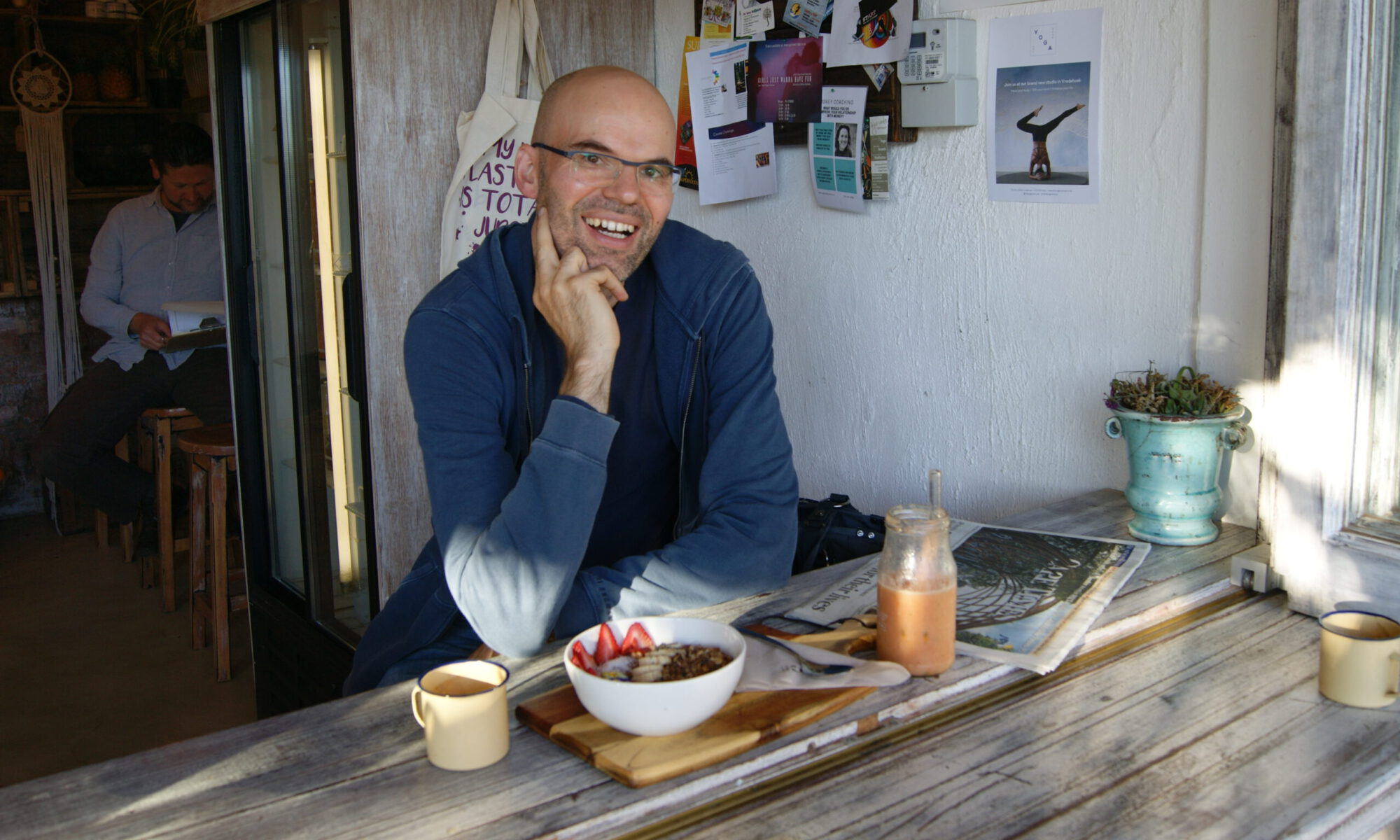
After an entry into the economy last month, in today’s October blog post, I’m dedicating myself to a discipline again, and I’m striving for a maximum 3-minute introduction to politics:
What do I find interesting about politics?
Compared to my classmates, I was not very interested in politics when I was young. I took a functioning state for granted. My family and my immediate environment were socially, but – except for the ballots – not politically engaged.
This changed over time. On the one hand, I am increasingly interested in
- how political opinion-forming (and its implementation) works:
- How can successful coexistence / cooperation be organized?
- How can security, health, education, infrastructure, resource distribution („commons“) best be organized?
- What characterizes a resilient society and
- where the optimum lies between federalism (with its understanding of local experience) and centralization (with its standardization of rules).
On the other hand, it concerns me to see how other societies are falling apart. I would therefore like to contribute to the cohesion of my own society.
What are important basic policy insights for me?
The task of politics is to bring about collectively binding decisions. Since the framework conditions change over time, this is a continuous process. The rights and duties of the individual must be constantly rebalanced – for the benefit of all.
Separation of powers („checks and balances“) is important for the preservation of democracy.
People long for simplicity; political reality is usually more complicated.
In this context, I well remember the words of Anette Schavan, the former Federal Minister of Education and Research, at a lecture of the Wirtschaftsgilde in Sils Maria 2022:
- „Politics does not mean going through the wall with your head.“
- „Solidarity and mercy are important components of politics.“
What do I do with it?
Politics develops and enacts the most important framework conditions. Due to the multitude of individual interests and the resulting compromises, these can only be framework conditions that leave us individual room for maneuver.
From there, live „convinced“ of one’s values and contribute to enabling an environment for well-being, promoting the common good and preserving nature („We don’t have a Planet B“).
Do not „delegate“ the responsibility for a functioning democracy and go to the polls (and also get actively involved in politics, there are many possibilities).
Food for thought for children
With my six-year-old son, I can already talk well about distribution issues („everyone should have a roof over their head“) and rule compliance („Dad you’re driving too fast…“).
I successfully ran for first mayor in my hometown of Weinheim. During the city council election between the three finalists, my son was present and I was able to explain to him how political decisions are made and that a term in office is term-limited.
I’m excited to have daily discussions with him about day-to-day politics when I take office in October😉 .
I myself am a fan of the Wahl-O-Mat to find out which party best represents my interests in federal and state elections and have gratefully discovered at u18.org that there are also initial approaches to this for children and young people.
